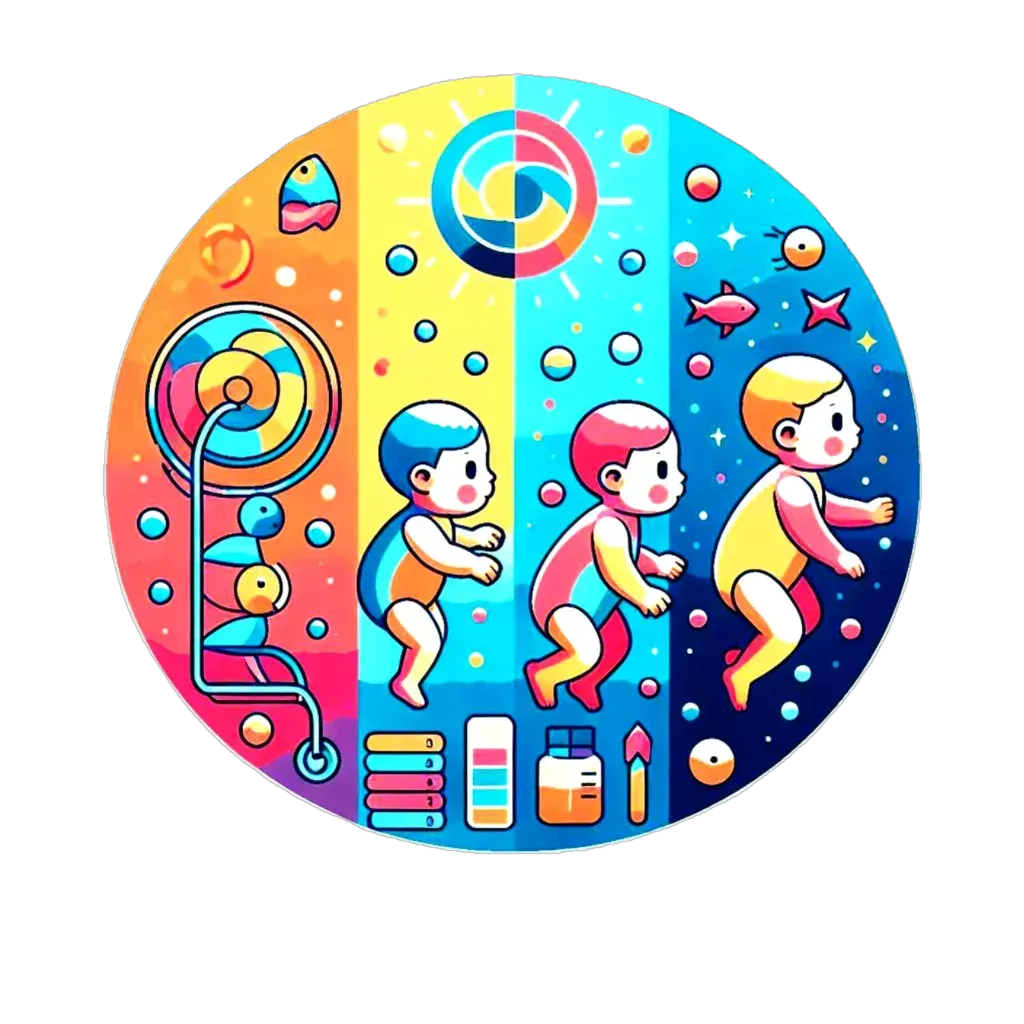Childhood Issues
Understanding the Impact of Early Childhood on Psychological Development

The Developing Mind
Early childhood, typically defined as the period from birth to eight years old, is a critical phase in human development. It is during this time that the foundations for cognitive, behavioral, and emotional well-being are laid down. Unfortunately, it is also a period when individuals are most vulnerable to psychological issues, often due to various forms of trauma. This article explores why early childhood is a crucial period for psychological development, why traumas during this phase have a lasting impact, and how these experiences continue to affect individuals into adulthood.
The Significance of Early Childhood Development
Early childhood is marked by rapid brain development, with the brain reaching nearly 90% of its adult size by the age of five. This period of growth is not just physical but also involves the maturation of neural pathways that influence everything from sensory processing to emotional regulation. The experiences children have during this time, both positive and negative, play a significant role in shaping these pathways.
The Role of Attachment and Bonding
One of the most critical aspects of early childhood development is the formation of secure attachments. These early bonds, typically formed with primary caregivers, are fundamental in developing a sense of security and trust in the world. Secure attachments are known to promote resilience, emotional regulation, and the ability to form healthy relationships later in life. Conversely, disrupted attachment processes can lead to attachment disorders, anxiety, and difficulties in forming relationships.

The Impact of Trauma on Childhood
Trauma in early childhood can take many forms, including physical, emotional or sexual abuse, neglect, exposure to domestic violence, or the loss of a caregiver. Such experiences can overwhelm a child’s developing coping mechanisms, leading to profound and lasting effects on mental health. Early trauma has been linked to a higher risk of psychological issues such as anxiety, depression, post-traumatic stress disorder (PTSD), and behavioral problems.
Why Early Childhood Traumas Have a Lasting Impact
The Profound Impact of early childhood traumas can be attributed to several factors

Childhood Periods of Development
Early childhood is composed of critical periods during which the brain is highly sensitive to environmental influences. Traumatic experiences can disrupt normal development, leading to alterations in the brain’s structure and function, particularly in areas responsible for emotion regulation and stress response.
Foundation for Future Behavior
Early experiences, including traumatic ones, form the foundation upon which later behaviors and coping strategies are built. Children who experience trauma may develop maladaptive coping mechanisms, such as avoidance or aggression, which can persist into adulthood.
Memory and Trauma
While explicit memories of early childhood may fade, the emotional memories associated with trauma can remain. These memories may be triggered by similar situations or emotions later in life, leading to responses that are disproportionate to the current event but rooted in the past trauma.
Overcome the Shadow of Early Trauma
The lasting effects of early childhood trauma underscore the importance of early intervention and support. Therapeutic approaches such as trauma-focused cognitive behavioral therapy (TF-CBT), play therapy, and family therapy can be effective in addressing the impact of early traumas. Additionally, creating supportive, stable, and nurturing environments can help mitigate some of the adverse effects of early experiences.

The Role of Resilience
Resilience, or the ability to bounce back from adversity, is a critical factor in overcoming the effects of early trauma. Factors that contribute to resilience include positive relationships, a sense of self-efficacy, and access to support services. Encouraging resilience in children, even those who have experienced trauma, can help them develop the tools they need to navigate future challenges.
Conclusion
Early childhood is a pivotal period for psychological development, with long-lasting impacts on an individual's mental health and well-being. Understanding the significance of this developmental stage, the potential for trauma, and the mechanisms by which early experiences affect us is crucial. By recognizing the signs of early trauma and providing appropriate support and interventions, it is possible to mitigate its effects and help individuals lead healthier, more fulfilling lives.
©Asher Fox, CCHt 2025 All Rights Reserved.

